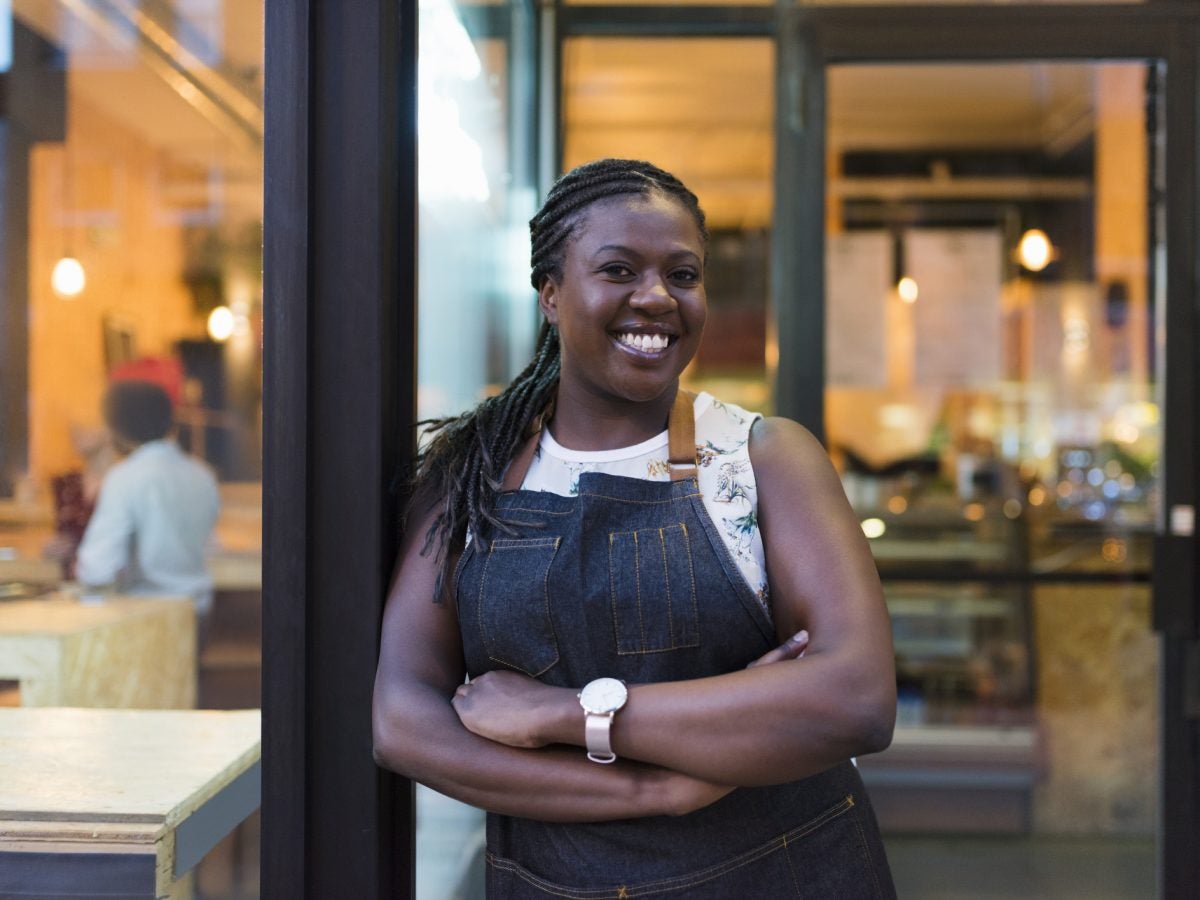
Since last year, there has been renewed interest in Black-owned businesses with consumers showing support in the wake of protests against police brutality. The sudden attention on inequality in America has prompted an uptick in Black founder support and apparently, it’s working.
According to a new report by the National Black Chamber of Commerce and Groupon, findings show that the online marketplace is at the helm.
Groupon and the chamber spoke with 500 Black-owned small businesses and 1,500 consumers to better understand how shopping habits have forever changed since the racial reawakening that began in the United States last summer. According to the results, consumers are largely keeping their promises to spend a greater share of their wallets at Black-owned businesses, but challenges remain.
“Even though progress has been made, we all still have more to do,” Yemi Akisanya, Groupon’s Global Head of Diversity, Equity, and Inclusion said in a news release. “We must improve the success rates of Black-owned businesses and implement solutions that address the ongoing systemic barriers and biases that exist for marginalized communities. We know there’s a lot we don’t know, but we are committed to listening to the testimonies of our merchant partners and learning from their experiences. We’re excited to be on this journey together and recognize that our commitment to diversity, equity, and inclusion means our work is never done.”
Nearly 80% of Black business owners said their businesses were better off than they were last year at this time and nearly 60% said their business is as good or better than it was prior to the pandemic. Seven out of 10 consumers said that they actively sought out opportunities to shop at Black-owned businesses and an equal number plan to continue to do so long term. Nearly 70% of consumers also said they find it helpful when a business identifies as Black-owned and approximately 60% said they would be willing to pay more if they knew a small business was Black-owned.
“Over the past year we’ve made progress drawing attention to the needs and concerns of Black-owned businesses, but we know that we must do even better,” said Larry Ivory, chairman of the National Black Chamber of Commerce and president and CEO of the Illinois State Black Chamber of Commerce. “We’re grateful to companies like Groupon that are willing to listen to the concerns of our community and heed their responsibility to do more. By working together, we can help level the playing field for small Black-owned businesses, and we’re excited for Groupon to provide actionable and useful insights to our members.”
More than half of all Black business owners said that while there’s more attention on the concerns and needs of businesses owned by people of color, the overall environment is still quite challenging. Roughly three out of four Black business owners said capital investment still lags in comparison to their white counterparts. In fact, gaining access to capital investment was the number one concern among the businesses surveyed. Their ability to tap into government resources, recover from the pandemic, build a support network and hire enough staff, were the other top concerns cited. Ultimately, black business owners indicated that the system that sets them up for success or failure still has a long way to go and more than 75% of those surveyed feel as though they’re held to a different standard, which makes launching and growing a business as an entrepreneur even harder.
“Groupon recognizes the importance of being a brand that lives by its values, taking a stand for what’s right and leveraging our influence to drive positive change within our communities,” said Aaron Cooper, Interim CEO, Groupon said in a news release. “Every merchant has worked hard to build a business that they can be proud of, and it’s important for us to understand the systemic barriers and biases that exist for marginalized communities. As a company, we’re committed to highlighting and championing Black-owned businesses and connecting them to our diverse customer base. While we’re making progress, we recognize that we have more work to do.”





